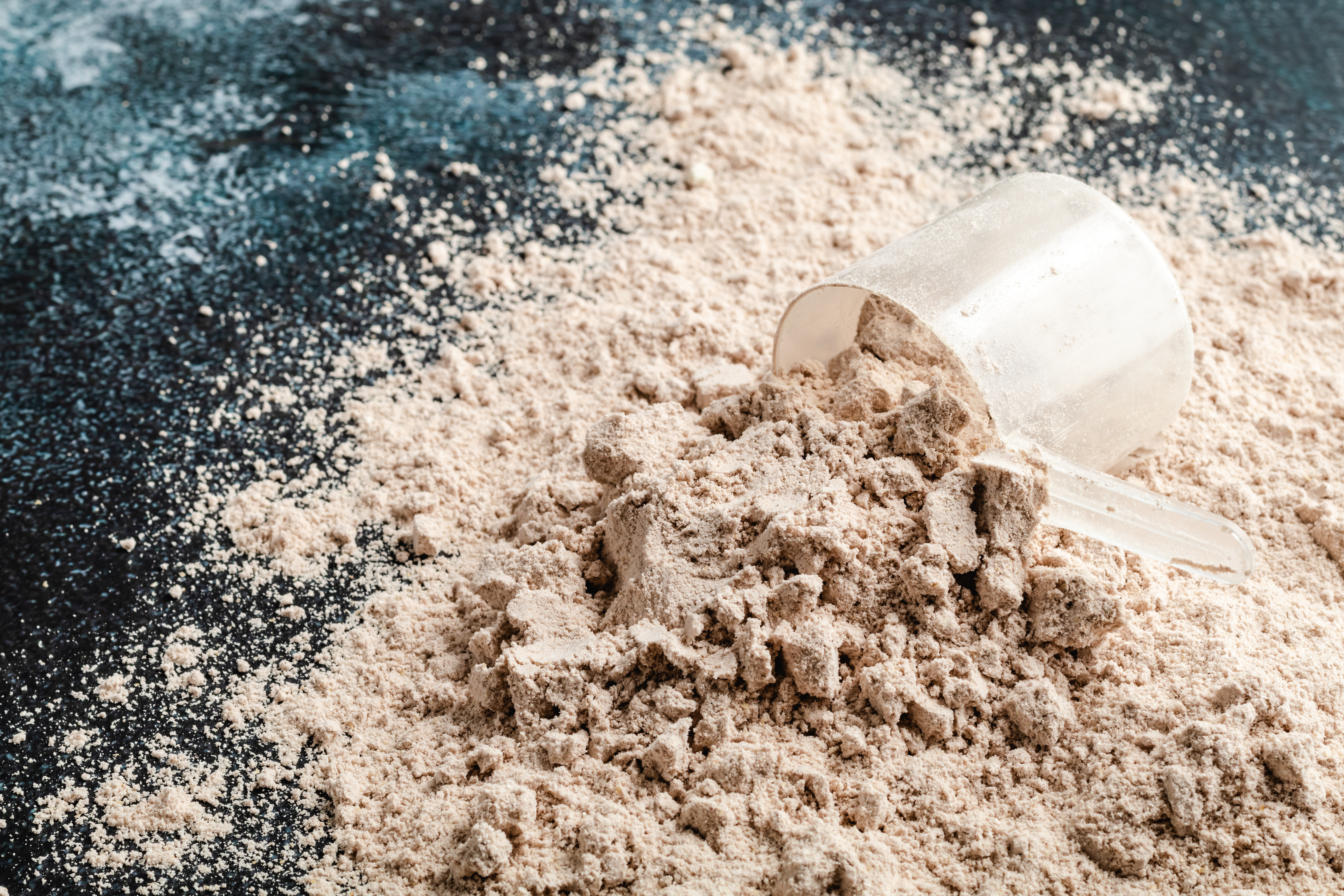
Whey Protein
Whey Protein
A milk-derived protein that is used in sports nutrition to build muscle, aid in weight management, support a robust immune system, promote recovery from exercise, and may even assist with blood sugar control.
Category
Specialty Ingredients


INGREDIENT OVERVIEW
More INFORMATION
You should know that whey protein’s standout feature is its remarkable rapid absorption. When you consume whey protein, your body swiftly gets the essential amino acids it needs. This lightning-fast delivery makes it the top choice for post-workout recovery, ensuring your muscles receive the support necessary for growth and repair. Whether you’re an athlete striving for peak performance or simply looking to maintain an active lifestyle, whey protein’s quick action can make a significant difference in how your body responds to exercise and physical activity.
The typical dose of whey protein used daily can vary greatly depending on an individual’s body weight, level of physical activity, i.e., training intensity, fitness goals, and dietary needs. However, general guidelines can provide a starting point:
General Use: For the average adult, the Recommended Dietary Allowance (RDA) for protein is about 0.8 grams per kilogram of body weight. Athletes or those looking to build muscle might increase this to 1.2 to 2.0 grams of protein per kilogram of body weight.
Whey Protein Supplementation: Specifically for whey protein, a common dosage is 20-25 grams per serving, typically consumed 1-3 times daily. This is often sufficient to support muscle repair and growth, especially when consumed post-workout.
Whey Isolate vs. Concentrate:
Most whey protein products that are commercially available fall under any one of the three options:
- Whey protein concentrate, i.e. WPC, or
- Whey protein isolate, i.e., WPI, or
- A blend of the above.
Despite these differences, the choice between whey isolate and concentrate does not dramatically alter the recommended serving size of 20-25 grams of protein, although those seeking to restrict calories or lactose might prefer to isolate.
Maximum Per Serving Dose:
Regarding the maximum amount of whey protein per serving, it is often suggested not to exceed 20-25 grams in one serving for optimal absorption and utilization, as the body can only use a certain amount of protein at a time for muscle protein synthesis. However, this is a matter of some debate among experts, and the optimal amount can vary based on an individual’s muscle mass, metabolic rate, and level of activity.
It’s also important to consider the total daily protein intake from all sources, not just whey supplements. Consuming excessive protein can put unnecessary strain on the kidneys over time and may contribute to other health issues, especially if fluid intake is not adequate.
Conclusion:
In summary, the typical dose of whey protein is 20-25 grams per serving, 1-3 times daily, depending on individual needs. The form (isolate vs. concentrate) should be chosen based on personal dietary requirements and preferences. While there’s a suggested cap on how much protein the body can effectively use at one time, it’s vital to tailor your protein intake to your specific health profile and fitness goals, and when in doubt, consult with a healthcare provider or a nutrition expert.



COFFEE BERRY ENERGY
Sponsored Content
Featured Products
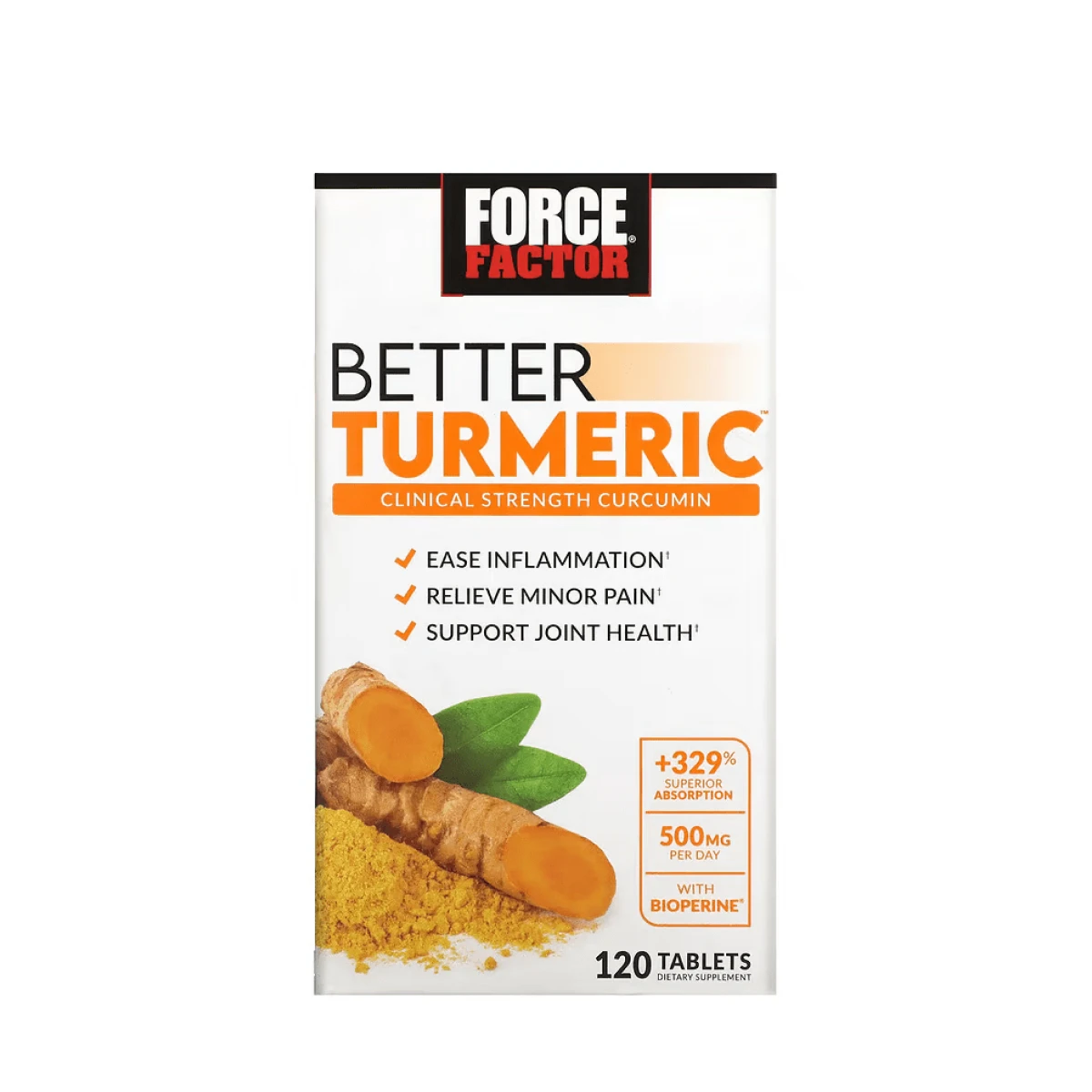
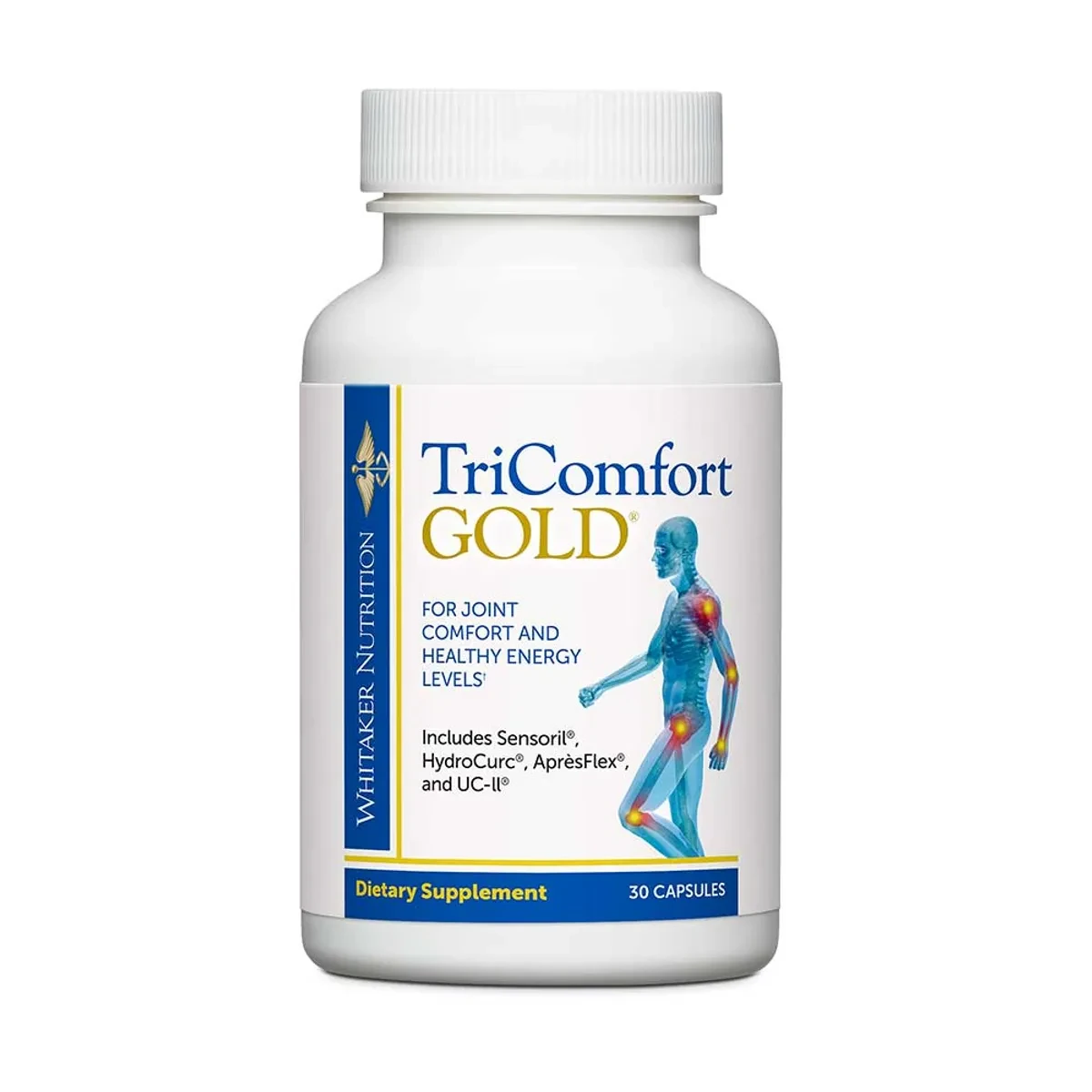
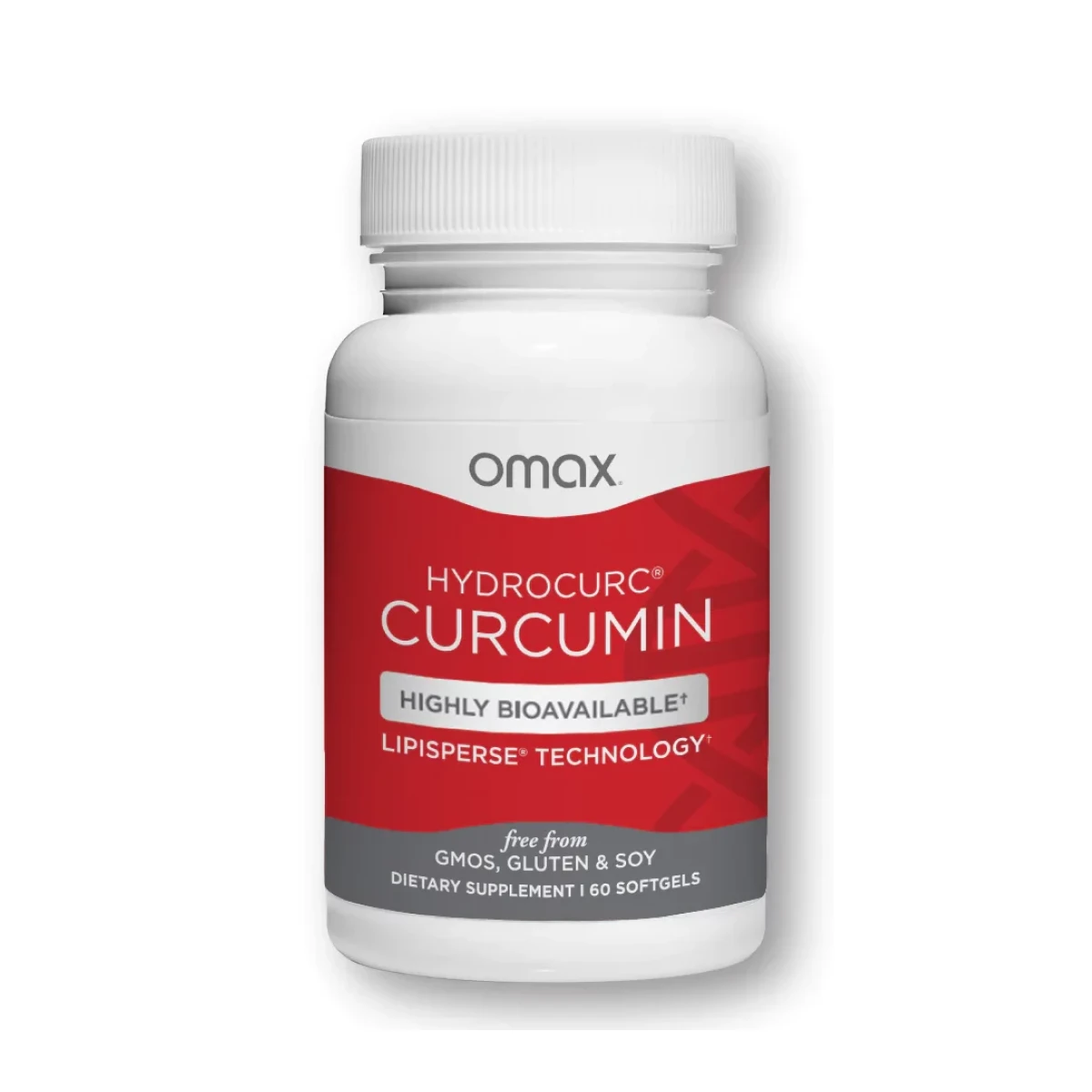
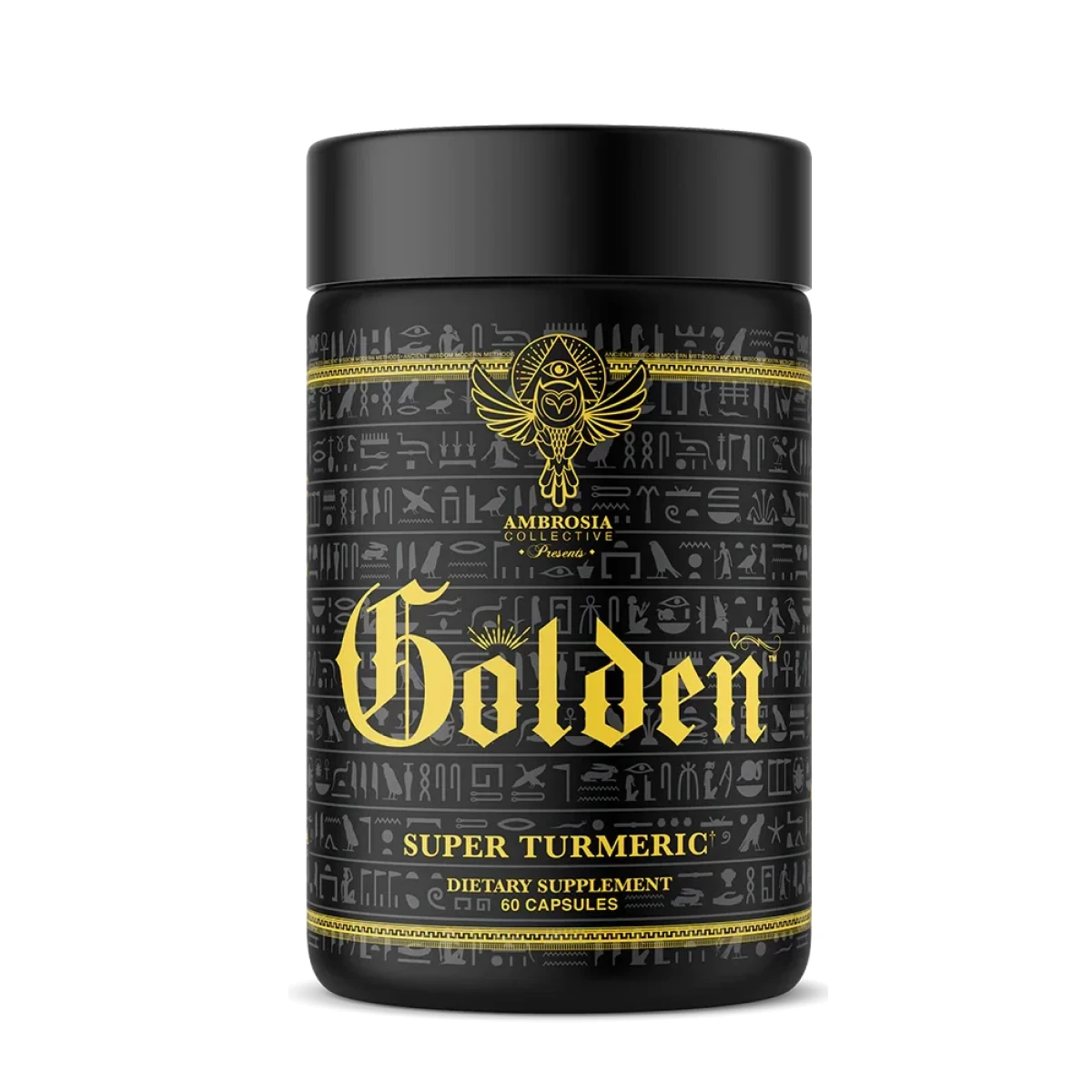
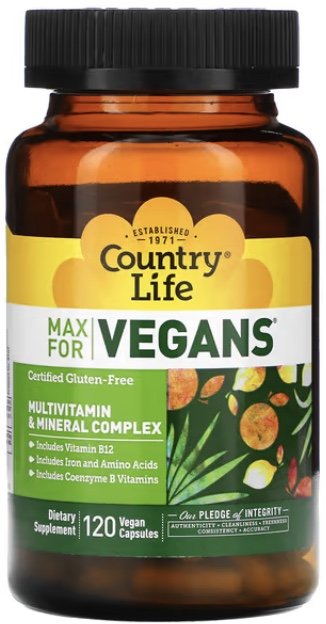
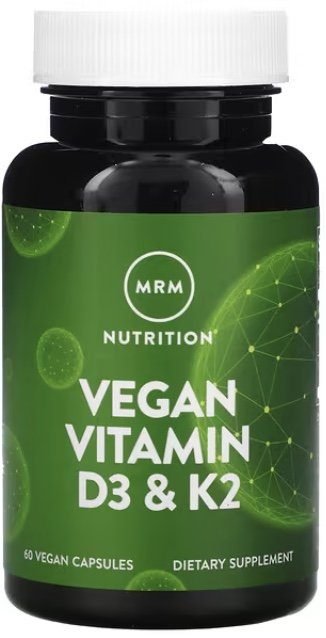
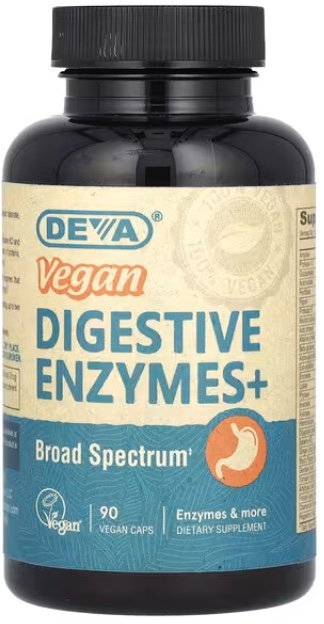

It is important to note that the content on Genmag is not intended to diagnose, treat, prevent, or reverse any physical or medical condition. Although our articles may a number of topics including specialty ingredients that can benefit various health goals, they are not a replacement for a balanced diet and healthy lifestyle habits. We strongly recommend consulting a doctor before taking any health supplement or beginning an exercise program, particularly if you have a pre-existing medical condition or take medication. Supplements can interact with certain medications and affect their effectiveness.
Q &A
Whey protein is a high-quality protein derived from milk during cheese production. It contains essential amino acids that promote muscle growth and repair.
Yes, whey protein is generally considered safe for most people when used as directed. However, individuals with lactose intolerance or milk allergies should opt for lactose-free options.
In most cases, whey protein does not cause significant side effects. However, excessive consumption may lead to digestive discomfort or allergies in some individuals.
Whey protein can be used as a meal replacement when combined with other nutrients, but it’s not a complete substitute for whole foods.
Ingredient reviews
There are no reviews yet. Be the first one to write one.
Content on GenMag™ is for informational purposes only and is not intended to diagnose, treat, prevent, or cure any physical or medical condition. While our articles may cover a variety of topics, including specialty ingredients that may potentially support various health goals, they are not a substitute for a balanced diet and healthy lifestyle habits. We strongly recommend consulting a healthcare professional before taking any health supplement or starting an exercise program, especially if you have a pre-existing medical condition or take medication. Certain supplements may interact with medications and pose health risks.
Q & A
Whey protein is a high-quality protein derived from milk during cheese production. It contains essential amino acids that promote muscle growth and repair.
Yes, whey protein is generally considered safe for most people when used as directed. However, individuals with lactose intolerance or milk allergies should opt for lactose-free options.
In most cases, whey protein does not cause significant side effects. However, excessive consumption may lead to digestive discomfort or allergies in some individuals.
Whey protein can be used as a meal replacement when combined with other nutrients, but it’s not a complete substitute for whole foods.










